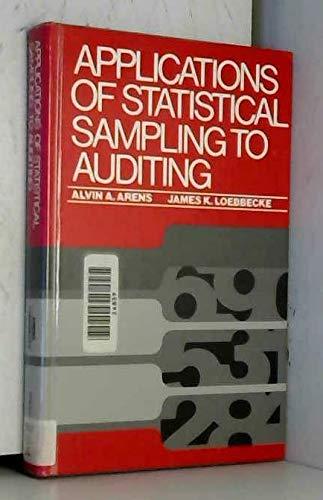Answered step by step
Verified Expert Solution
Question
1 Approved Answer
TRUE OR FALSE 1 . The $P 2 5 0 , 0 0 0 $ income tax exemption for individuals is designed to be in
TRUE OR FALSE
The $P $ income tax exemption for individuals is designed to be in lieu of their personal and business expenses.
There are two types of regular income tax: proportional income tax for corporations and progressive income tax for individuals.
NRANETBs and NRFCs are also subject to regular income tax.
All taxpayers are subject to final tax.
Taxable income is synonymous with net income.
For all taxpayers, taxable income means the pertinent items of gross income not subject to capital gains tax and final tax less allowable deductions.
All taxpayers are subject to regular income tax.
Employed taxpayers can claim expenses from their employment as deductions against their compensation income.
Items of gross income subject to final tax and capital gains tax are excluded from its gross income subject to regular income tax.
Nontaxable compensation are items of compensation that are excluded against gross income.
TRUE OR FALSE
The tax due of corporations is determined by multiplying their total gross income by $$
The taxable compensation income is computed as gross compensation less than the nontaxable compensation income.
The deadline of filing the corporate quarterly income tax return is the same with the deadline of the quarterly income tax return of individuals.
Business expenses can be deducted against all types of gross income subject to regular tax.
No deduction shall be allowed against taxable income.
Only corporations may incur deductions against gross income.
The gross income from business is measured as sales or gross receipts less cost of sales or cost of services.
The tax due of individuals is determined by means of a schedule of tax rates.
The deadline of the annual income tax return of corporations using the calendar year is similar to the deadline fixed for individual taxpayers.
Every individual taxpayer is exempt from income tax on compensation up to P annually but the same exemption does not apply to business income.
MULTIPLE CHOICE
Which is not generally subject to regular income tax?
a Compensation income
c Professional income
b Business income
d Passive income
The general rule in income taxation is
a final income taxation.
c regular income taxation.
b capital gains taxation.
d fringe benefit taxation.
Active income is subject to
a regular tax.
c final tax.
b capital gains tax.
d any of these
Question and are based on the following:
A Regular tax
B Final tax
C Capital gains tax
Which of the foregoing are passive incomes subject to
a A only
c Both $A$ and $B$
b B only
d Either A or B
Which of the foregoing are capital gains subject to
a A only
c Either A or C
b C only
d Both $A$ and $C$
The net amount of regular income subject to regular tax is called
a taxable income.
c net income.
b compensation income.
d gross income.
What are allowable deductions against gross income?
a Business expenses
c Personal expenses by the taxpayer
b Family support
d Expenses of employment
Deductions are allowed to
a employed taxpayers.
c corporate taxpayers only.
b individual taxpayers only.
d taxpayers engaged in business.
Personal expenses are
a Nondeductible by employed taxpayers.
b Nondeductible by any taxpayer.
c Deductible by employed taxpayers.
d Deductible by any individual taxpayers.
Which is not a feature of the regular income tax?
a Net income tax
c Annual tax
b Final withholding tax
d Creditable withholding tax
Step by Step Solution
There are 3 Steps involved in it
Step: 1

Get Instant Access to Expert-Tailored Solutions
See step-by-step solutions with expert insights and AI powered tools for academic success
Step: 2

Step: 3

Ace Your Homework with AI
Get the answers you need in no time with our AI-driven, step-by-step assistance
Get Started


